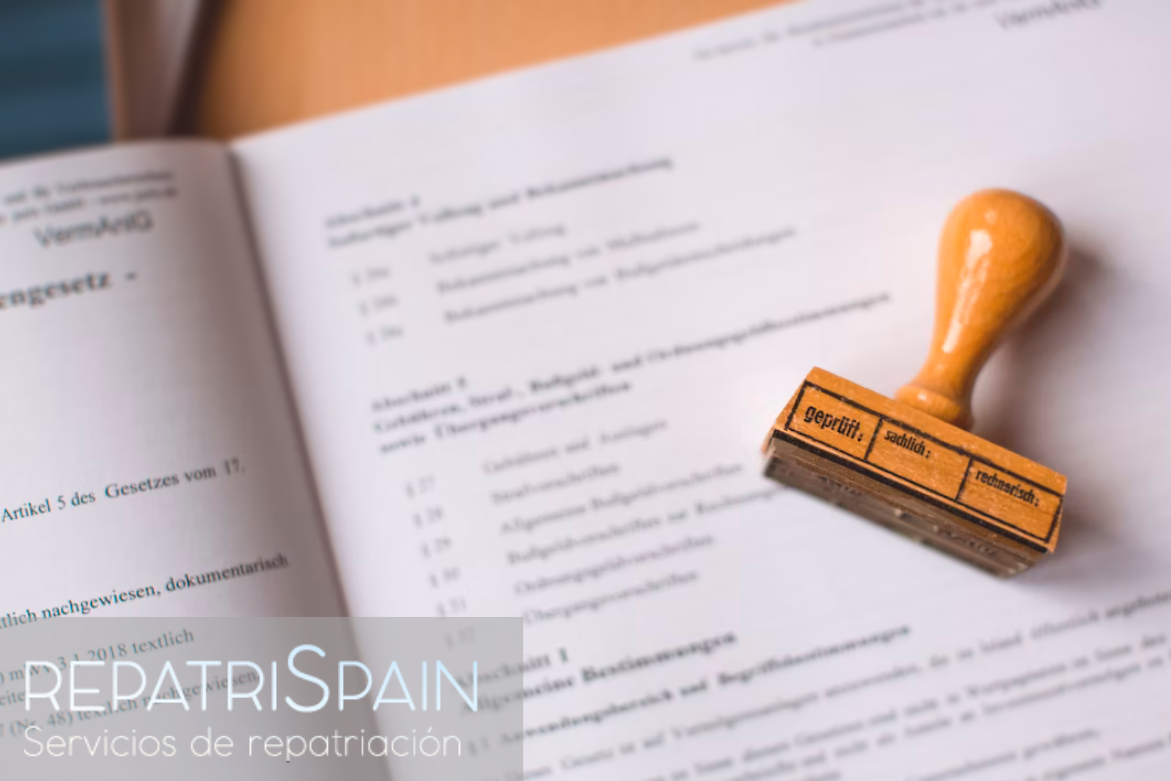Repatriation of the deceased is a delicate and emotionally charged process involving the transfer of the mortal remains of a loved one from a foreign country to their place of origin. Over the years, many myths and misconceptions have arisen around this procedure. In our blog, we will unravel these misconceptions and provide accurate and essential information about repatriation of the deceased.
Myth 1: Repatriation is too costly and complicated.
Reality: While repatriation may involve costs and paperwork, it is not unaffordable or overwhelming. Repatriation agencies specialise in handling all logistical and legal aspects of the process, which significantly reduces the burden on the family. In addition, costs vary depending on a number of factors, such as the country of origin and destination, the method of transportation and the services selected.
Myth 2: Repatriation is only possible in cases of accidental death.
Reality: Repatriation is not limited to traumatic deaths. It can be carried out in a variety of scenarios, including natural deaths, illnesses or even in cases of people who have died abroad due to other circumstances. It is important to contact a repatriation agency to understand the options available in each situation.
Myth 3: The body must be embalmed for repatriation.
Reality: While embalming may be necessary in some cases, especially if international borders are crossed, it is not a strict rule in all countries. Some countries accept alternative preservation methods, such as refrigeration, to preserve the body during the repatriation process.
Myth 4: Repatriation takes weeks, making funeral services difficult.
Reality: While repatriation time may vary depending on circumstances and legal formalities, repatriation agencies are committed to expediting the process as much as possible. It is important to note that repatriation does not preclude the holding of memorial services in the country of origin. Many families choose to hold local services while repatriation details are being worked out.
Myth 5: Repatriation involves legal complications and extensive documentation.
Reality: While there are legal requirements and documentation associated with repatriation, specialised agencies are experienced in navigating these processes. They can assist in obtaining and preparing the necessary documents, such as death certificates and transport permits. They aim to relieve families of the administrative burden during this difficult time.
It is crucial to separate the myths from the realities when it comes to repatriation of deceased persons. By understanding that repatriation is not unattainable or overwhelming, families can make informed decisions and properly honour their loved ones. The assistance of expert repatriation agencies can alleviate much of the emotional and logistical burden, allowing families to focus on the grieving process and the celebration of their loved one’s life.

